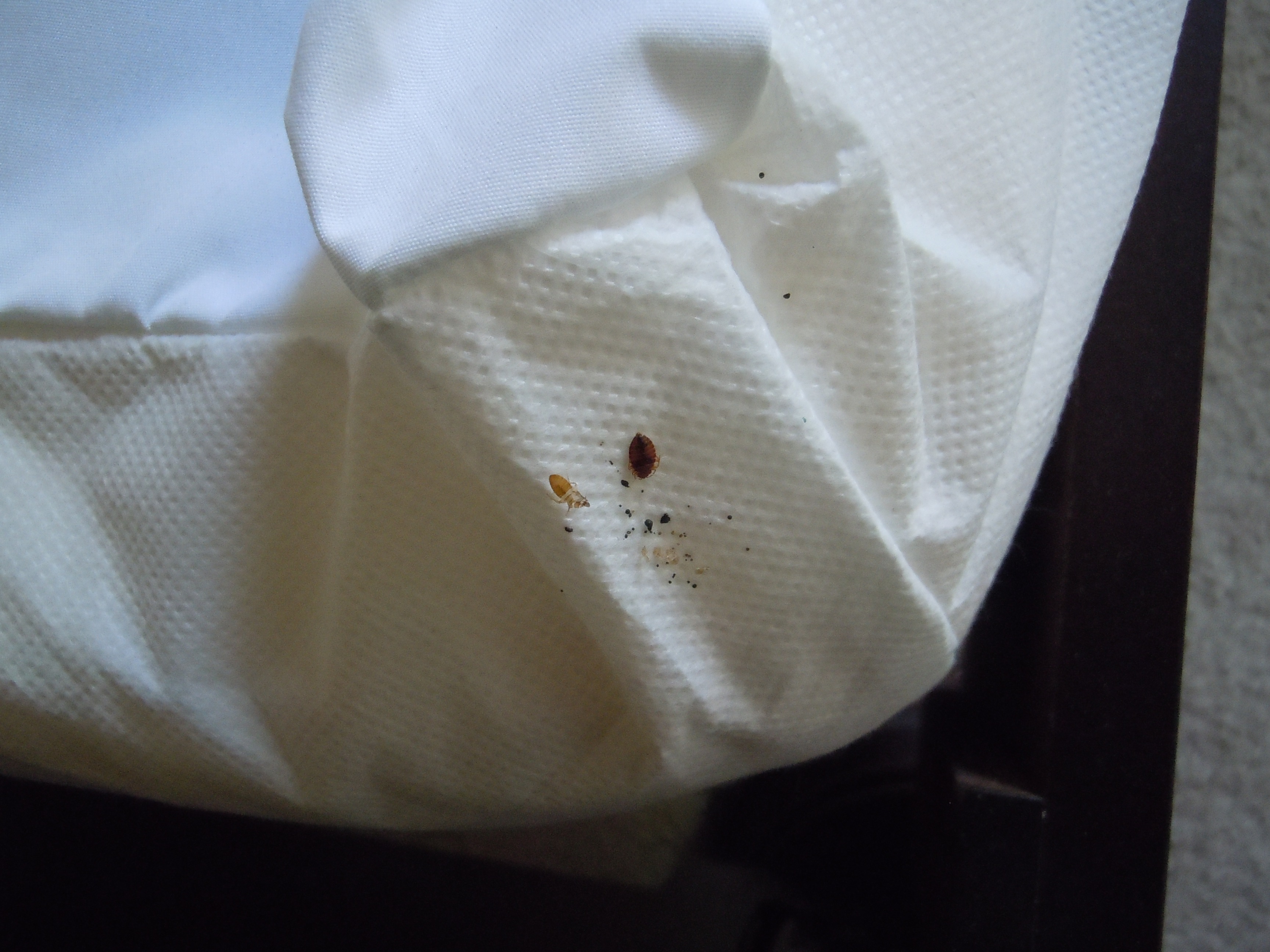READY TO GET STARTED?
REQUEST A FREE ESTIMATE
Fill out the form below or call (888) 466-7849 for a free, no-obligation estimate.
Raccoons may look cute and cuddly but make no mistake about it…raccoons are one houseguest that you do not want. Raccoons are a common nuisance in the southeast. They can make a home in the attic of a structure and cause several thousands of dollars in damage. Many times raccoons will make a home in an attic to have their babies, called kits. They typically have 3-8 young in the late fall. They can be a nuisance by getting into trashcans found outside of homes or business looking for food.
Along with the damage they can do to your home, they can also be a health concern:
The feeding of raccoons by people has helped grow their population in urban areas. Some wildlife experts and public authorities warn against feeding wild animals such as raccoons to discourage them from becoming dependent on humans as a food source.
If you think you have a raccoon in your house call a professional animal control or professional animal removal company immediately to reduce health risks and damage to property.
Tip: Loud noises, flashing lights, and foul odors are said to drive away raccoons before they would typically leave the nest on their own.
 The holiday season is a busy time for travel. People visiting family or taking holiday trips…it is a fun and exciting time. But there are precautions to take when traveling. Bed bugs have made a comeback in recent years and are a real concern for travelers. Not only are they a concern for while on a trip but bringing them home can cause thousands of dollars and loss of sleep.
The holiday season is a busy time for travel. People visiting family or taking holiday trips…it is a fun and exciting time. But there are precautions to take when traveling. Bed bugs have made a comeback in recent years and are a real concern for travelers. Not only are they a concern for while on a trip but bringing them home can cause thousands of dollars and loss of sleep.
But this shouldn’t discourage people from traveling. With knowledge and diligence, you can protect yourself and your home from bed bugs.
Tips for Avoiding Bed Bugs While Traveling:
Preventing bed bugs from making their way home with you:
If you suspect that bed bugs have made their way into your home, there is a solution. Northwest Exterminating has a dedicated team of experts that specialize in the treatment of bed bugs. Call the Mouse to get rid of bed bugs in your house.
Normally, an invitation from a friend to go out to lunch will be met with enthusiastic acceptance. However, if your friend tells you that bugs are on the menu, you’ll probably take a rain check. Here in the U.S. most people go great lengths to avoid creepy crawlers in the kitchen, but other countries around the world have a different view.
In some countries, dishes featuring insects are delicacies, so these meals are a rare and unusual treat, much like escargot and caviar. Grasshoppers are the favorite insect to eat, being included in the diets of some people from Latin America, Japan, Africa and the Middle East. Other insect treats include wasp larvae, silk moth pupae, and termites. Some brave students over at Princeton University decided to give it a try, though they described their silkworm treat as “surprisingly bland.”
One researcher states “insects have been a delicacy… not only because of their delicious flavor, but also because they provide a more complete protein… and are concentrated sources of calcium, magnesium, potassium and many other nutrients.” So not only do some people think they taste good, but some insects are also good for you – better than soy, meat, and fish! In addition, insect farming is ecologically less damaging than raising animals for human consumption. At Northwest Exterminating, we have a different type of recipe when it comes to insects. Our goal is also to reduce our impact on the environment while protecting your home from unwanted pests.
Sources:
http://www.allvoices.com/contributed-news/2795548-insects-are-worldwide-delicacies
http://blogs.princeton.edu/paw/2010/11/bugging_out_stu.html
Melissa Brown
[email protected]